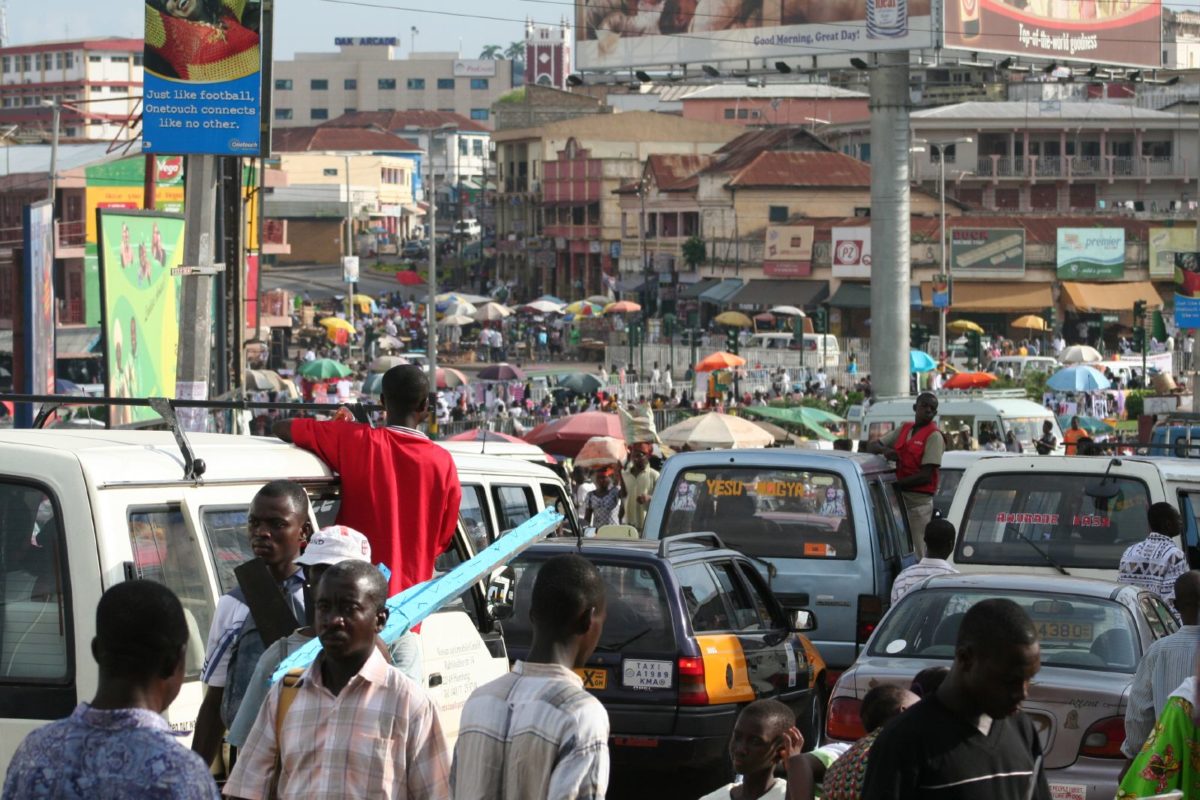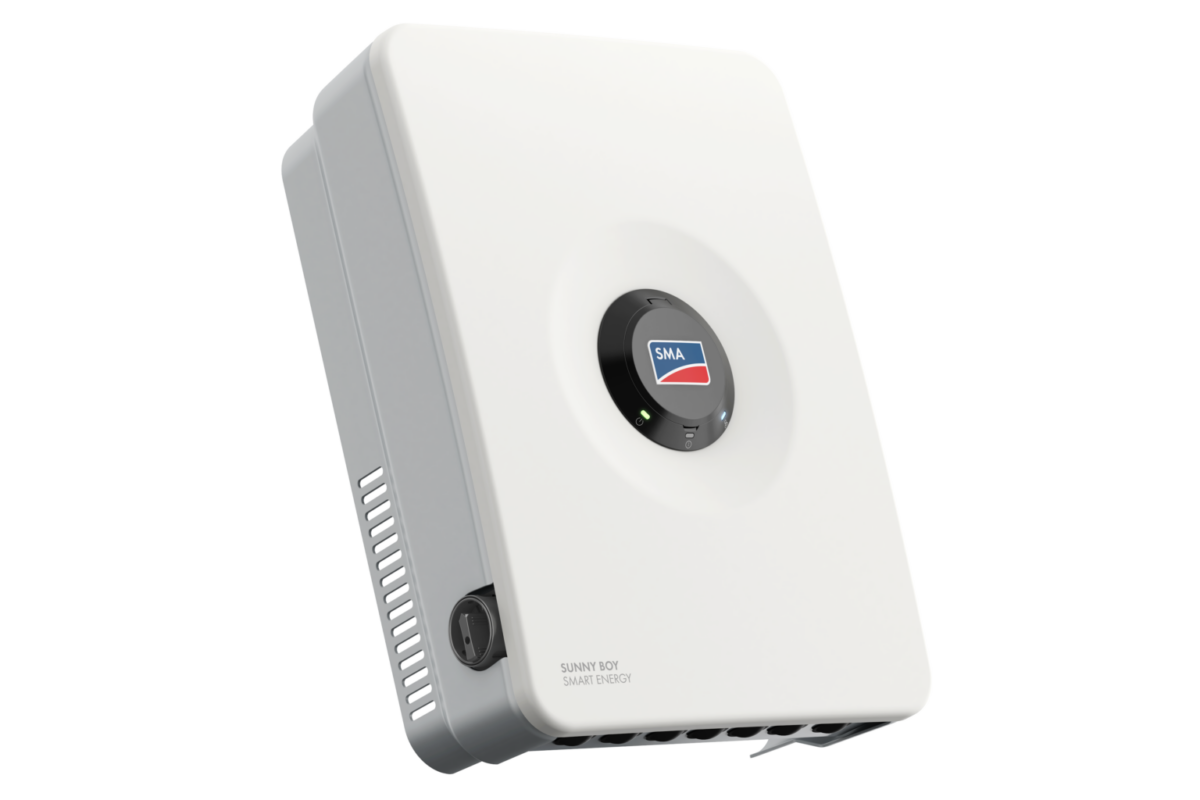The President of Ghana, Nana Addo Dankwa Akufo-Addo, pledged his commitment to scaling up Ghana’s solar industry at the founding ceremony of the ISA, held last Sunday in New Dehli, India.
Overall, he outlined a number of programs aimed at growing solar, including increasing the generation of utility-scale PV from the current around 22.5 MW (most of which comes from a 20 MW PV plant completed by the independent power producer BXC Ghana Ltd), to 250 MW by 2030.
Meanwhile, the country aims to install 200,000 solar systems in households, and commercial and government facilities in both urban and rural communities; and 55 mini-grids, with an average capacity of 100 kW.
Akufo-Addo explained that the systems would be based on hybrid solar PV technology and would serve both islands and off-grid communities.
Ghana’s goal of deploying two million solar lanterns to replace their kerosene counterparts in rural, non-electrified areas will also continue, added the President.
He further pledged to establish a business-friendly investment environment to drive solar energy and renewables, to “positively alter the country’s energy-mix.”
To achieve these targets, Akufo-Addo said the country needs to establish a domestic manufacturing and assembly industry. This will also help create local employment opportunities, he said.
Currently, Ghana is said to draw just 1% of its energy from solar, while 59% comes from fossil fuels, and 40% from hydro.
Solar progress
In December, Ghana’s Minister of Information, Mustapha Abdul Hamid announced that the long-expected MDA Solar Rooftop Programme would be launched in 2018.
Through the rebate scheme, which was originally conceived in 2015 and was planned to be launched in 2016, the Ghanaian government intends to install around 200 MW of rooftop solar capacity throughout the country.
Recently, Italian oil group, Eni announced it is planning to build a 20 MW PV power plant in the area of Tamale, in the north of Ghana. The company also said it has started to assess the possibility of installing floating PV power plants in the Volta basin.
Ghana’s largest power supplier, the Volta River Authority (VRA), also announced last November that it has secured funds from Germany’s government-owned development bank, KfW, to build two utility-scale PV plants totaling 12 MW in the Upper West Region.
Meanwhile, in May 2016, the U.S. Trade and Development Agency (USTDA) awarded a US$704,815 grant to Ghanaian solar power developer, Home Energy Africa, to build a 100 MW PV plant in the village of Nyimbale-Sankana. According to local media sources at the time, construction of the facility was slated to start in 2017.
A month prior to this, Strategic Power Solutions (SPS) opened the country’s first solar PV module manufacturing plant, which opened with an annual capacity of 30 MW.
This content is protected by copyright and may not be reused. If you want to cooperate with us and would like to reuse some of our content, please contact: editors@pv-magazine.com.




Port Loyal Ltd of England has been allocated over 30000 acres of land just south of Accra by the ruling heads of the local community.
This land is intended to be primarily used to develop a solar farm.